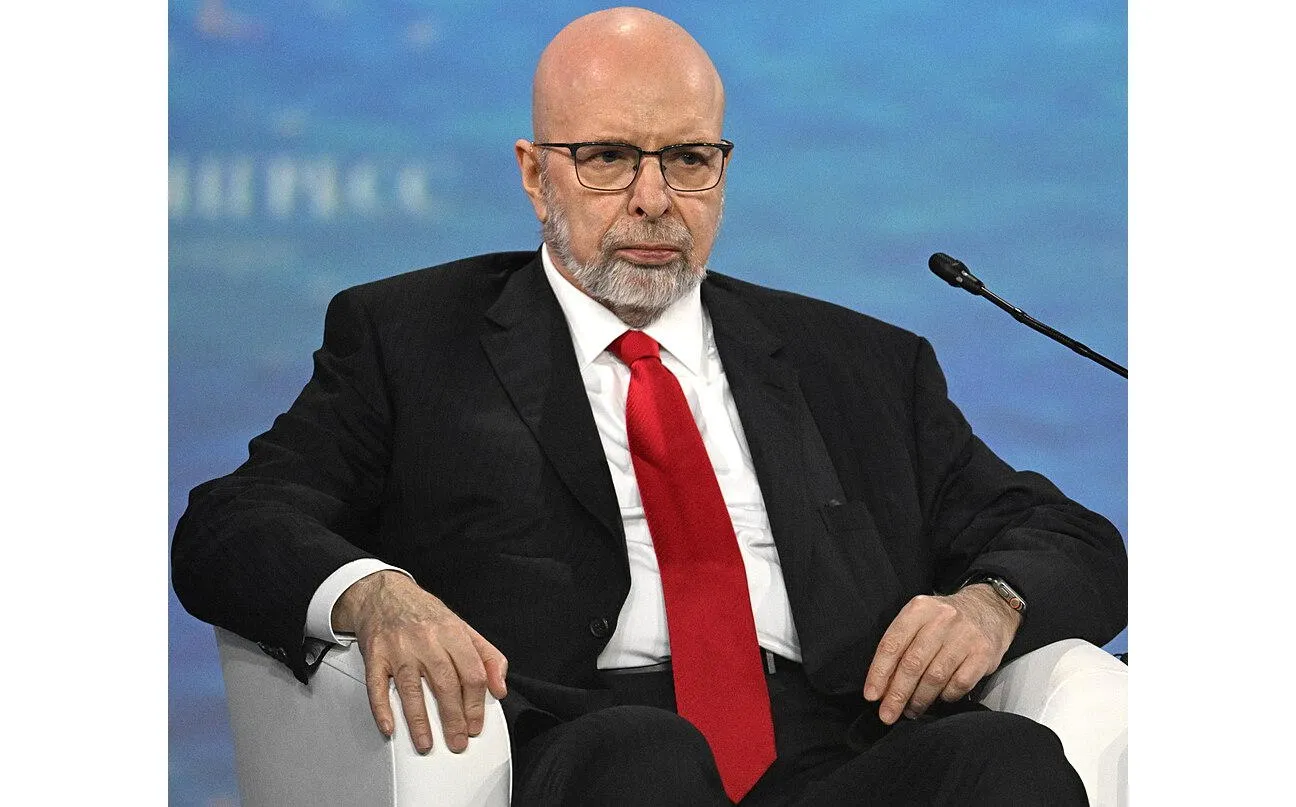Giedrimas Jeglinskas, a nonresident senior fellow at the Atlantic Council’s Scowcroft Center and a former NATO official, demanded in a July 9 article that the NATO summit now taking place in Washington, D.C. adopt the aggressive agenda he presents, both to prove its own “relevance” and ensure that the bloody war against Russia, via Ukraine, continues and escalates, the threat of nuclear war notwithstanding.
Despite all the resources and weaponry NATO has supplied to Kyiv, he says, it’s not enough—it’s been a “too little too late” approach which has “neither defined Ukraine’s path to NATO membership nor delivered what Ukraine needs to win.” NATO’s decision-making has been plagued by “lack of speed and scale.” Three “deliverables” are required to ensure success, Jeglinskas argues. First, NATO must provide Ukraine with a “credible path to membership”—even while some NATO members oppose this. It’s not good enough for NATO members to say they’ll do “whatever it takes … real steps to absorb Ukraine into the NATO family are needed.”
More insanely, he outlines several provocative measures intended to escalate the conflict, clearly with no regard as to what the consequences might be (as in the case of the F-16 deployment to Ukraine). These include lifting “all the caveats” on weapons provided to Ukraine by the allies—that is, any kind of weapon is acceptable; creating an extended air defense shield in western Ukraine; deploy a freedom of navigation and demining mission in the Black Sea; ramp up training of Ukrainian forces, including inside Ukraine, (bringing in more foreign “trainers”?) and lastly, provide so-called “fix forward” logistics support on the ground in Ukraine, requiring more foreign personnel.
Lastly, this warmonger demands that all NATO allies—European and other nations whose industrial bases are crumbling as they struggle to meet the insane demands of providing funding and weapons to Ukraine—increase their military spending. NATO should set an “ambitious multiyear trajectory for members’ defense budgets,” committing every ally to spend 0.25% of their GDP on military assistance to Ukraine. The ultimate goal is 3% of GDP. The author points to the importance of the NATO command planned for Wiesbaden, Germany that will coordinate all training and aid for Ukraine and “is an important preparatory step for Ukraine’s eventual membership in the Alliance.” Jeglinskas applauds the recommendation by the Atlantic Council’s Ian Brzezinski that arrangements allowing Ukrainian personnel to embed in NATO structures “should be accompanied by a formal acknowledgement that Ukraine is ready to join the Alliance.”



